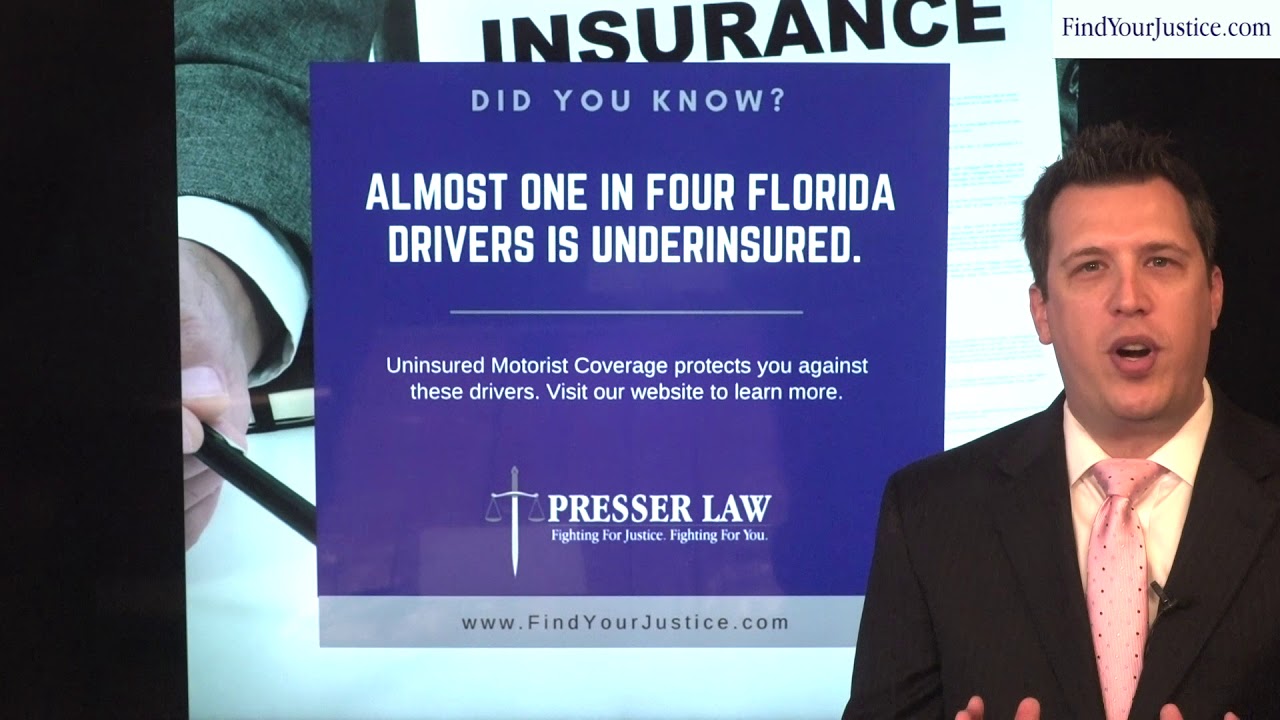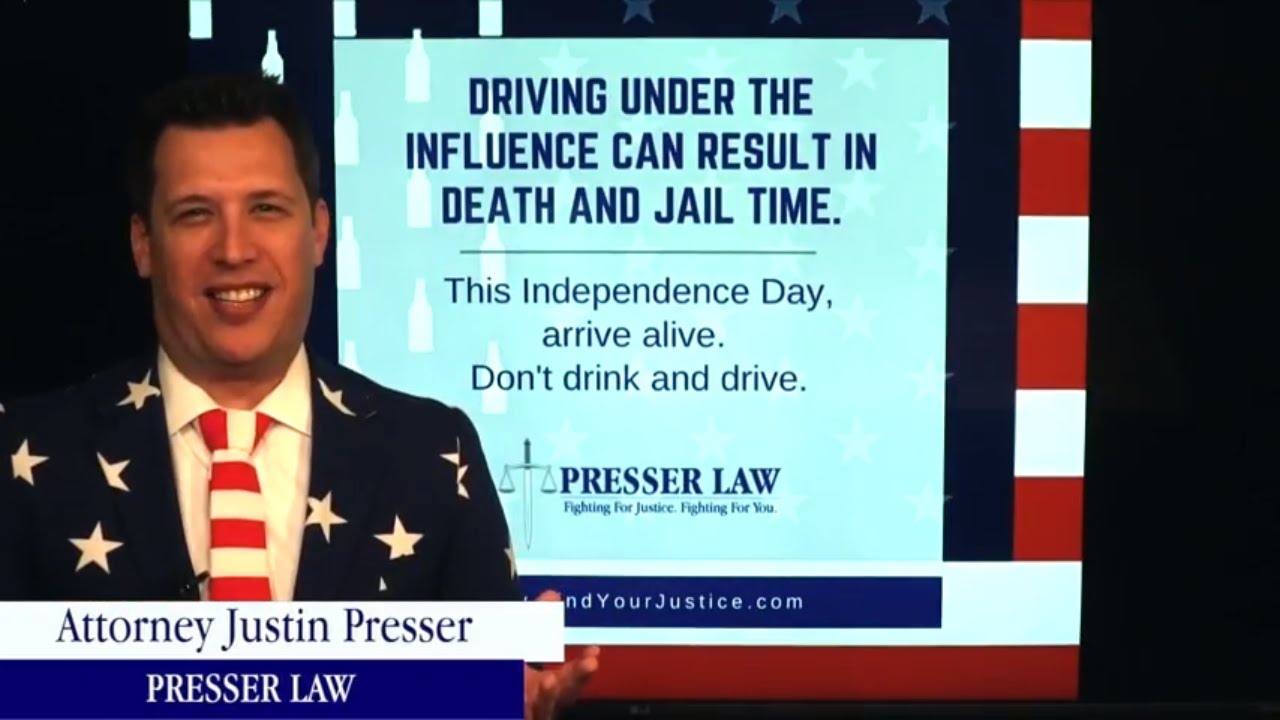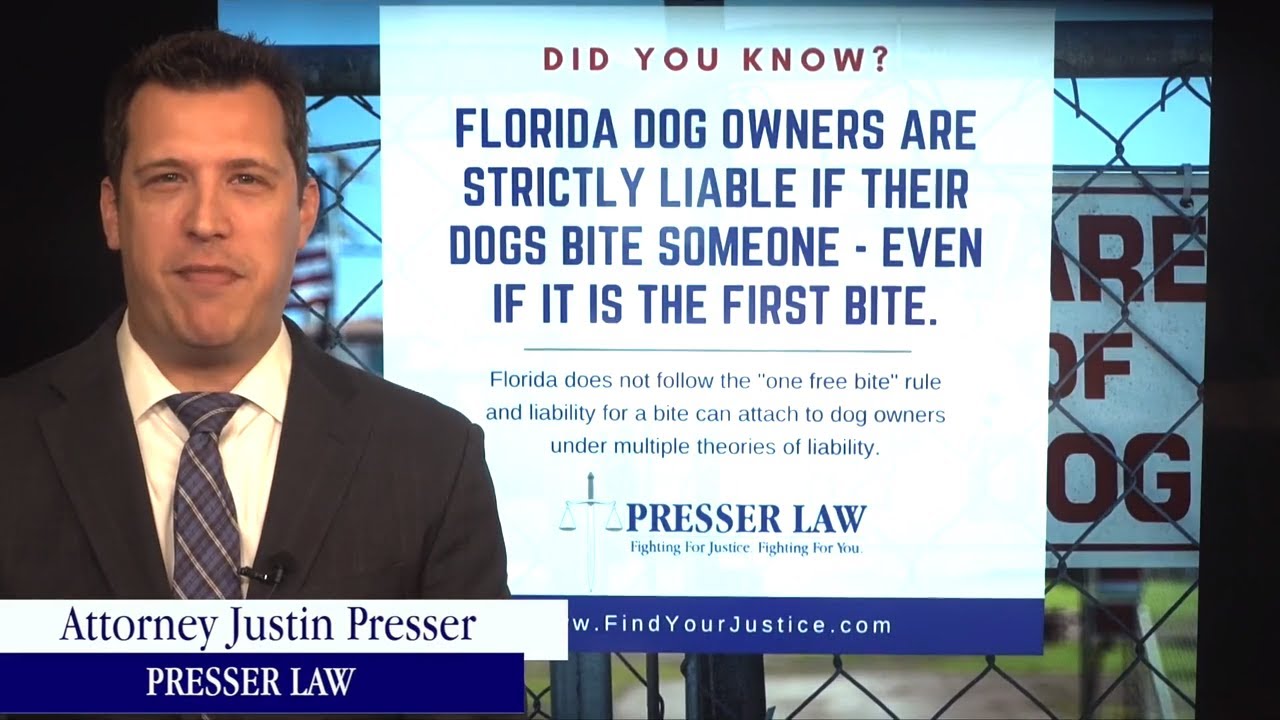
When a person dies due to another’s actions, two types of cases may arise: a wrongful death lawsuit and a criminal charge. While both aim to hold the responsible party accountable, they do serve different purposes and follow different legal paths. Criminal attorneys like our friend at Archambault Criminal Defense can attest that the distinctions between civil and criminal cases can be significant in terms of outcomes and procedures. Below, they break down the key differences between a wrongful death lawsuit and criminal charges, how they are pursued, and the implications of each for those involved.
The Purpose Of Each Case Type
A wrongful death lawsuit is a civil case typically brought forward by the surviving family members or the estate of the deceased. The primary goal is to recover monetary compensation for the losses suffered as a result of the death. These losses may include funeral expenses, lost income, medical bills, and emotional suffering. A wrongful death claim does not necessarily seek to punish the defendant, but rather to provide financial relief to the victim’s loved ones.
On the other hand, criminal charges are brought by the state or government against the defendant. The purpose of a criminal case is to determine whether the defendant violated the law and, if found guilty, to impose penalties such as imprisonment, fines, or probation. Unlike a civil lawsuit, a criminal case largely focuses on disciplining and rehabilitating the wrongdoer for their actions rather than compensating the victim’s family.
The Burden Of Proof
One of the most important differences between a wrongful death lawsuit and criminal charges lies in the burden of proof required to win each case.
In a criminal case, the prosecution must prove the defendant’s guilt “beyond a reasonable doubt,” which is a very high standard. This means that there must be a near certainty that the defendant committed the crime for a conviction to occur.
In contrast, a wrongful death lawsuit operates under a lower standard of proof known as a “preponderance of the evidence.” This means that the plaintiff must show that it is more likely than not that the defendant’s actions caused the wrongful death. Because the burden of proof is lower in civil cases, it’s possible for a defendant to be acquitted in a criminal trial but still found liable in a wrongful death lawsuit.
Concurrent Cases
It’s possible for both a wrongful death lawsuit and criminal charges to be filed for the same death. However, the cases will be handled separately in court.
For example, if someone is accused of causing a fatal accident while driving under the influence, they may face criminal charges for DUI-related manslaughter, and the victim’s family may also file a wrongful death lawsuit to seek compensation.
Even if the defendant is acquitted in the criminal trial, the wrongful death lawsuit can still proceed, as the different burden of proof means a separate outcome is possible. This was famously seen in the O.J. Simpson case, where Simpson was acquitted in the criminal murder trial but later found liable in a wrongful death civil suit.
Potential Outcomes
In a criminal trial, the defendant can face penalties such as prison time, probation, or fines if convicted. The aim of these punishments is to serve justice for the crime committed, and any monetary fines typically go to the state rather than the victim’s family.
In a wrongful death lawsuit, the outcome is usually financial compensation for the plaintiff. If the family wins the case, the defendant may be ordered to pay damages for the financial and emotional losses resulting from the death. These funds are intended to help the family move forward after the loss, although they are not considered punitive like the consequences in a criminal case.
A wrongful death lawsuit and criminal charges serve distinct purposes and follow different legal procedures, though they can sometimes arise from the same incident. While criminal charges aim to punish wrongdoing, wrongful death lawsuits seek to provide financial support to the victim’s family. If you or a loved one are facing such a situation, partnering with a criminal defense lawyer or a personal injury attorney can help you understand the differences and protect your rights throughout both processes.



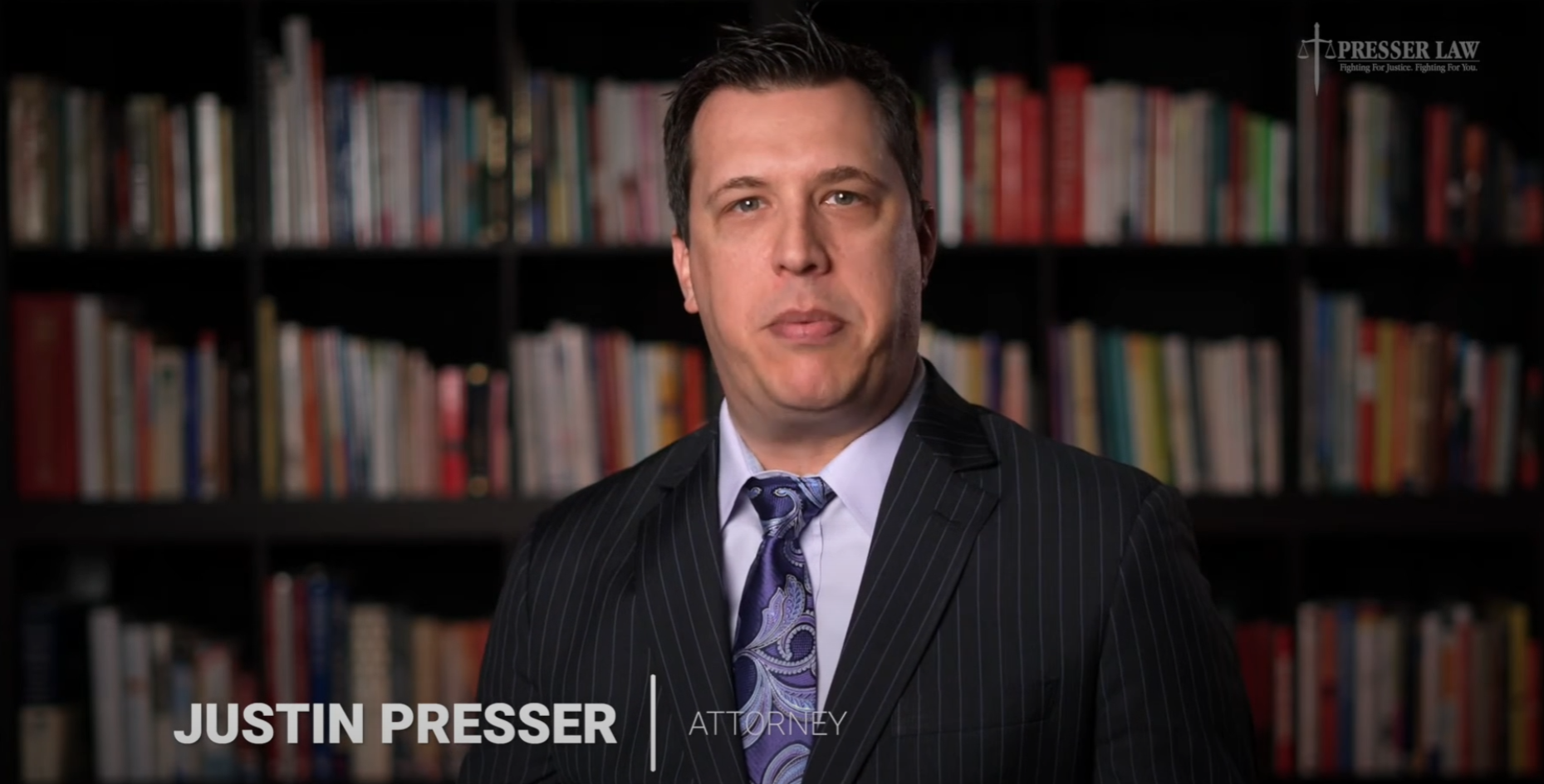
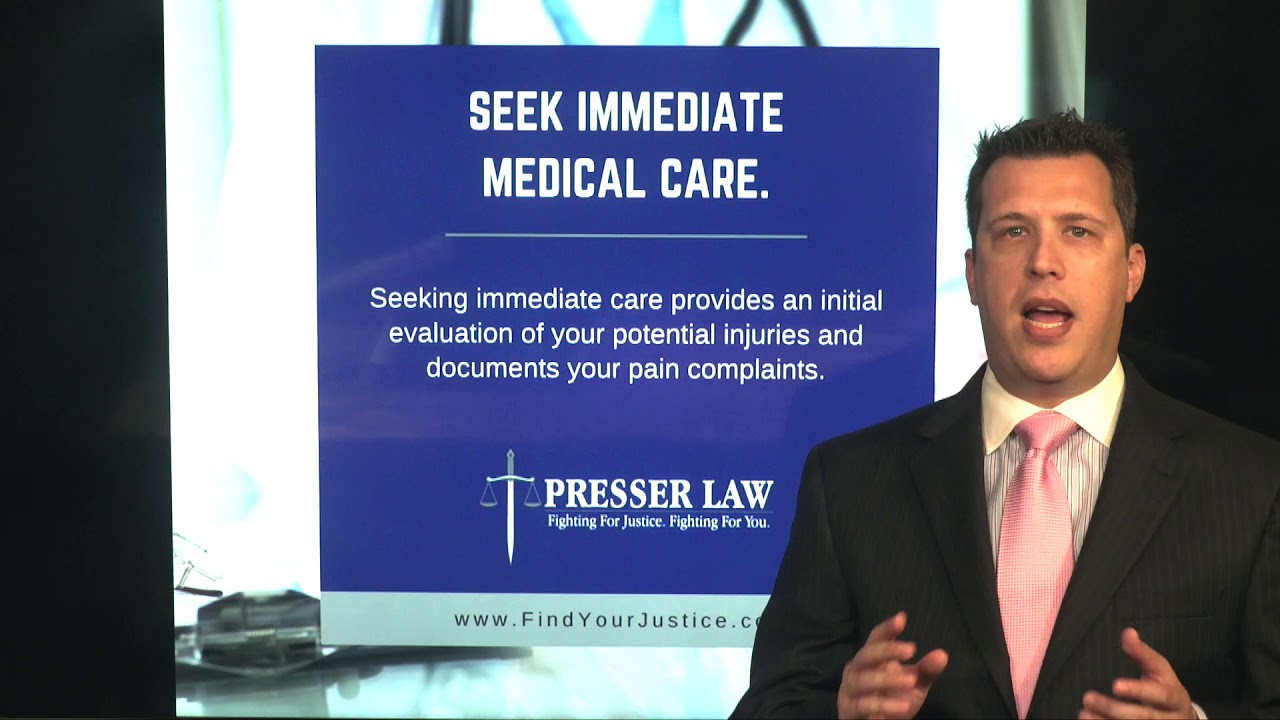

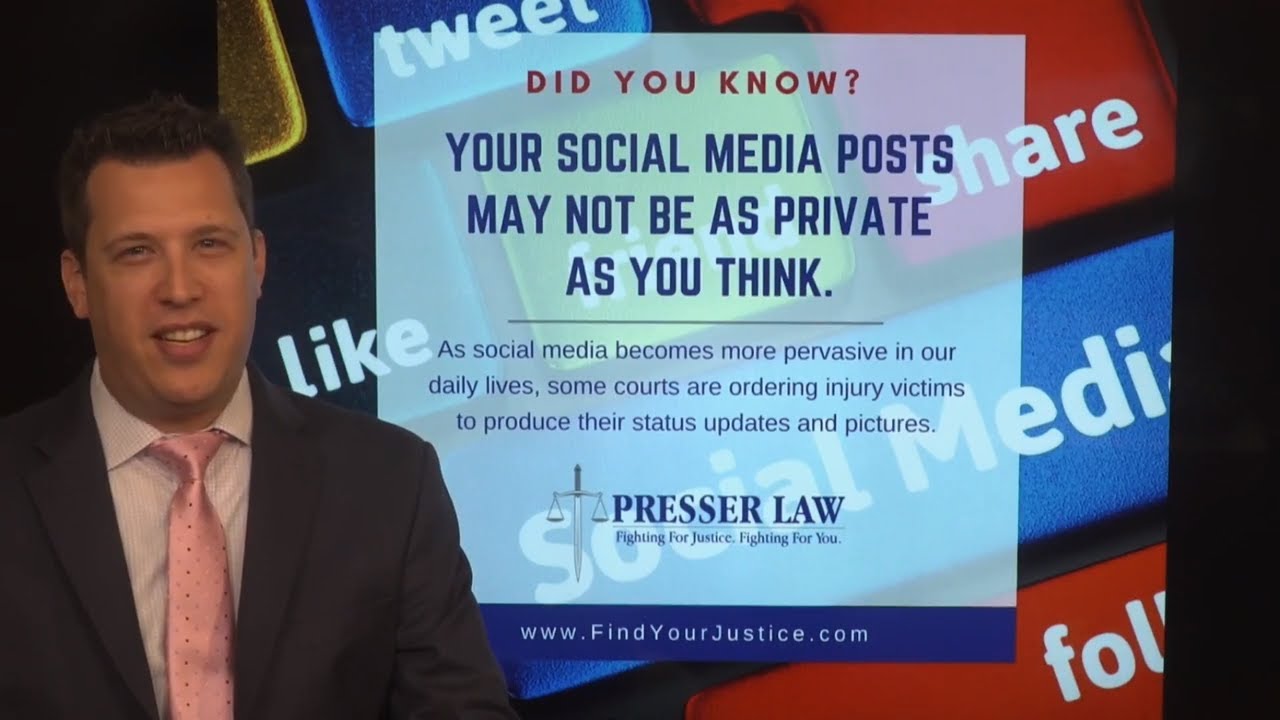
![[SIMPLE AND EASY] Reason Why You Need to Document the Injury Scene | Personal Injury Attorney](https://www.findyourjustice.com/wp-content/uploads/2025/10/SIMPLE-AND-EASY-Reason-Why-You-Need-to-Document-the-Injury-Scene-Personal-Injury-Attorney.jpg)


